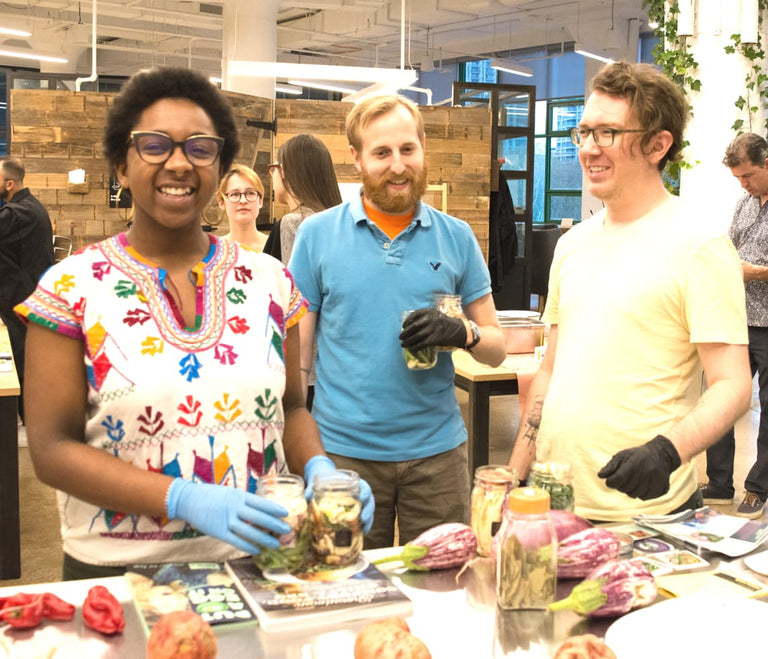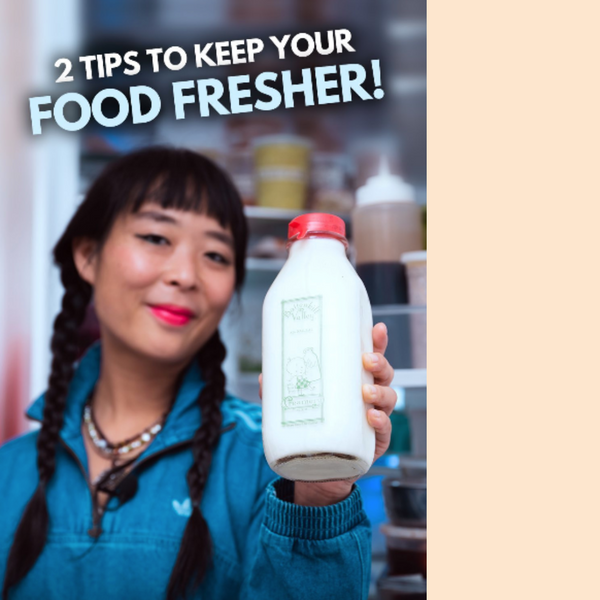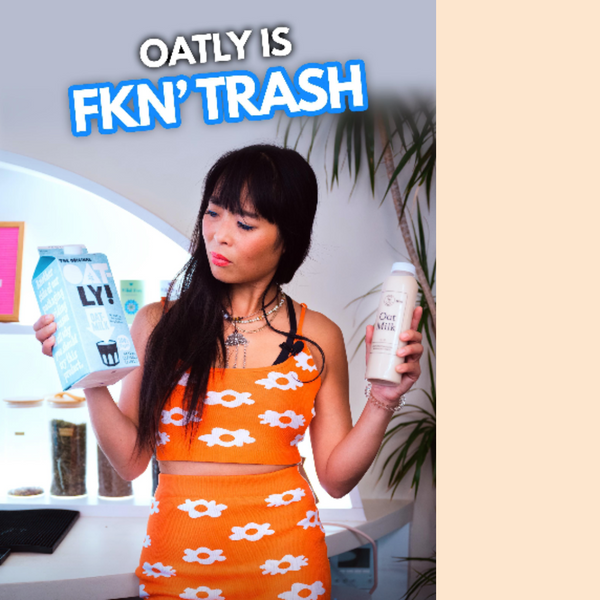Living With Zero Waste in NYC
Our very own Emily Pilkington has a storied background in living a sustainable lifestyle. She has been a compost coordinator for GrowNYC, an urban farm manager in Bushwick, and even appears in the documentary Wasted! (available on Netflix). We are grateful that she incorporates her practices into the Local Roots NYC office. Below is an article about her, detailing the ways she lives with zero waste in NYC.
Take a page out of Emily's book—and then recycle it!
In A City of Conveniences, There’s One Woman Who Refuses Them
Article by Katy Severson
In a country that produces 254 million tons of trash each year, there’s a woman in New York City who doesn’t. Emily Pilkington, a 29-year-old living in Ridgewood, Queens, throws away one bag of garbage a month. It consists of a few plastic bags from the local butcher where she gets her meat and some scraps of soiled paper that can’t be salvaged or composted, but very little else. “When I do anything, I’m thinking about trash,” she says, “What is it wrapped in? Does it have a produce sticker on it? Is the tag attached with a plastic fastener?”
Pilkington’s been committed to a zero-waste lifestyle for almost a year now, and her commitment runs deep. She’s learned to live without many of the conveniences Americans take for granted. She doesn’t eat things like single-serving yogurt or pre-wrapped sandwiches; she doesn’t wear fast fashion (think H&M), which is responsible for global waste and “micro-plastics,” a major ocean pollutant; she barely eats take-out, even in NYC, and in the case that she does, she brings home the container in her purse to either repurpose or properly recycle it.
“Life’s a bit bulkier now,” she admits, but it’s starting to feel second-nature. Whenever she leaves the house she takes a coffee mug, a water bottle, a few reusable bags, a metal straw, and a small set of silverware in case she eats somewhere with disposable forks.
Her apartment is eclectic and rich with personality; she likes to “shop” on the curbs of Queens and Brooklyn – picking up picture frames and furniture pieces that people discard on the streets. Her fridge is decorated with magnets she made from old food magazines, along with a Composting how-to. She composts three ways: a worm bin in the basement, a backyard compost for her garden, and city curbside compost for all other scraps. She buys in bulk at a nearby co-op where she fills her own jars in lieu of plastic bags. Her kitchen pantry and refrigerator are a hodgepodge of repurposed jars and plastic containers: spices stored in sour cream containers, nuts and seeds in repurposed jam jars. Her plates are all second-hand or chipped china from the restaurant she works for. Nothing matches, “but that’s okay with me,” she says giddily, “as kids, we gave our mom so much flack about putting things in containers labeled for other things, but now I appreciate the reuse.”
Pilkington grew up in Memphis, Tennessee, and she relates her suburban childhood to the likes of most 90’s kids: she grew up on family dinners of Chef Boyardee, Hot Pockets, and Hamburger Helper. But something clicked in her when she spent six months farming in Europe and was introduced to composting. From there it was a series of small, incremental changes – a stainless steel water bottle, a coffee mug – that led her to where she is now: brushing her teeth with homemade tooth powder, buying bamboo toilet paper (more sustainable than paper), and sorting public trash into the proper bins.
She’s enthusiastic, but not pretentious. And – it’s obvious – this lifestyle is central to her ethos. Her job history includes Blue Hill at Stone Barns, a restaurant known for its food waste initiatives, and Local Roots, a company that connects local farmers to New York consumers.
“The phrase ‘Reduce, Reuse, Recycle’ is in the proper order,” she says, then edits it: “[but it] really should be ‘Refuse, Reduce, Reuse, Recycle.’” On a flight recently, she reluctantly refused a Biscoff cookie because of its plastic packaging. “That was true self-restraint.”
Rather have a taste first?
Local Roots Experiences are fun, pop-up events where we bring the farm to you!

Become a Harvest Club Pick Up Location
Are you a NY based cafe, bar, or neighborhood business? Become a Harvest Club pick up location and have community members come to your establishment each week to pick up their Local Roots harvest.
Top






